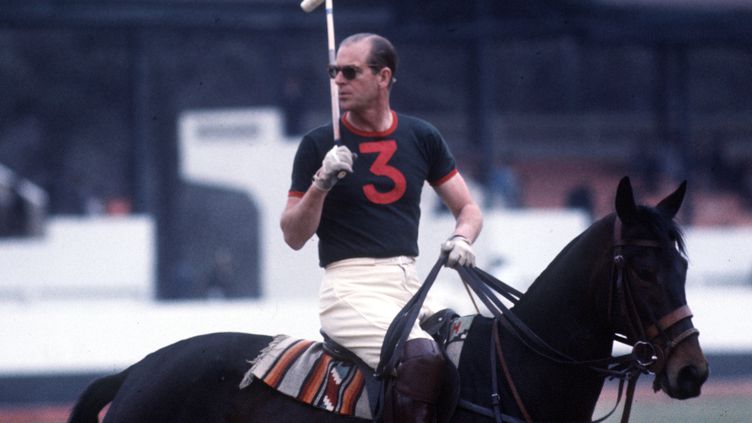Prince Philip, Duke of Edinburgh, was known for many things during his long and illustrious life, but one lesser-known passion of his was the game of polo. In this blog post, we'll explore the history and origins of polo, Prince Philip's involvement in the sport, and how it has evolved over the years.
Polo is a team sport played on horseback that originated in Iran (formerly known as Persia) more than 2,000 years ago. It was originally a training game for cavalry units, with the goal of improving their horsemanship skills and coordination in battle. The game quickly spread throughout the region and became a popular pastime for the nobility and royalty.
In the mid-19th century, British colonial officers in India learned about the game and brought it back to England, where it was quickly embraced by the elite. The first recorded polo match in England took place in 1869, and the sport soon spread to other parts of Europe and the United States.
Prince Philip, who was born in Greece in 1921 and later became a naturalized British citizen, developed a love for polo at a young age. He learned to play while attending Gordonstoun School in Scotland and continued to play throughout his life. He was a skilled player and often participated in matches with members of the royal family and other prominent figures.
Over the years, polo has become more professionalized and is now played at the highest levels by some of the best players in the world. The sport has also gained more mainstream attention, with high-profile tournaments and matches being broadcast on television and covered by the media.
Despite its popularity, polo remains a niche sport that is largely played by the wealthy and elite. It requires a significant investment in time, money, and resources, including the cost of purchasing and maintaining horses and the expense of traveling to tournaments.
Despite these challenges, Prince Philip remained committed to the growth and development of the sport throughout his life. He was a patron of several polo clubs and supported the training of young players. He also used his influence to promote the sport and increase its visibility on the global stage.
In conclusion, Prince Philip was a passionate and dedicated advocate for the game of polo. His involvement in the sport spanned more than 70 years, and his efforts helped to promote and grow the game around the world. Today, polo continues to thrive thanks in large part to his contributions.

-1903x596.jpg)